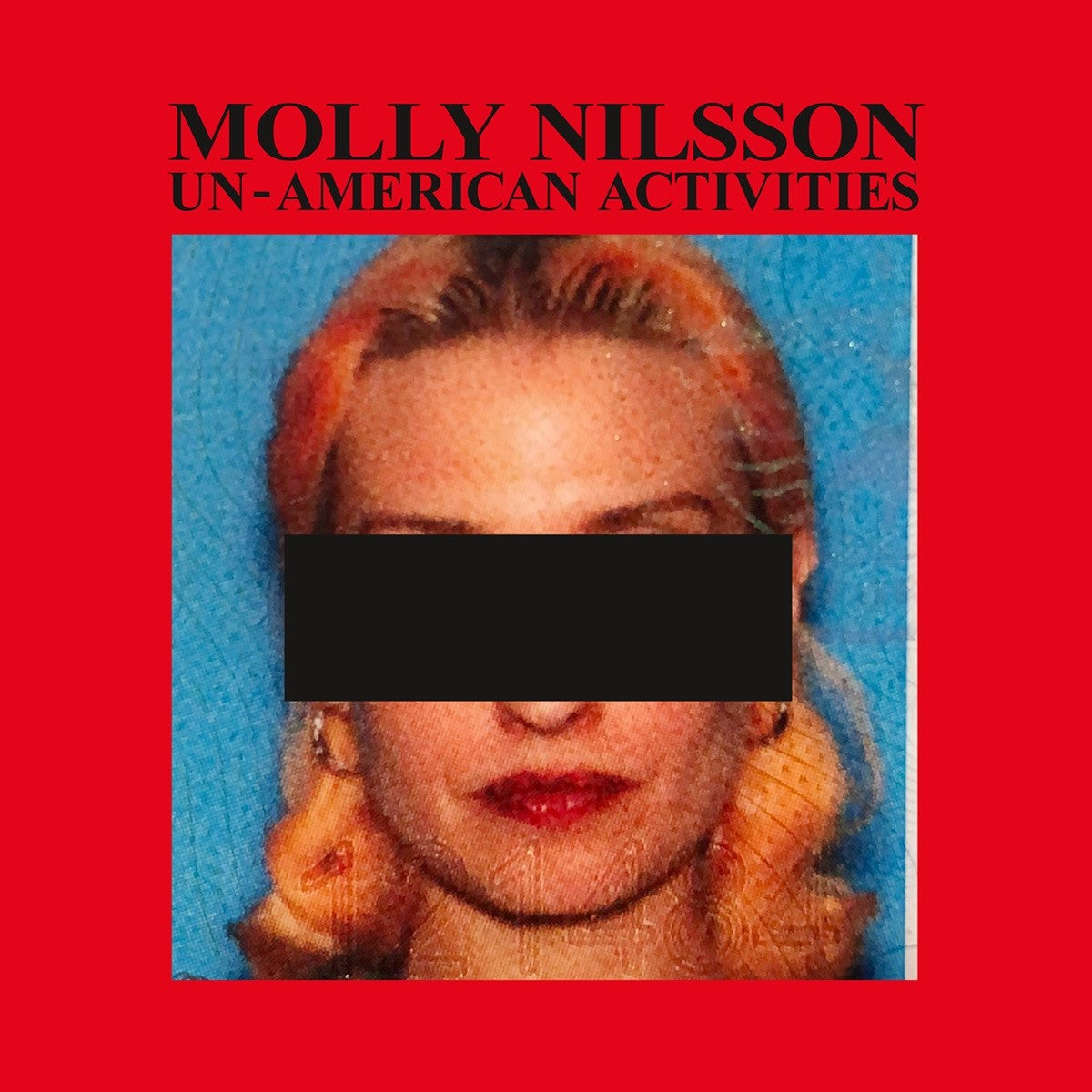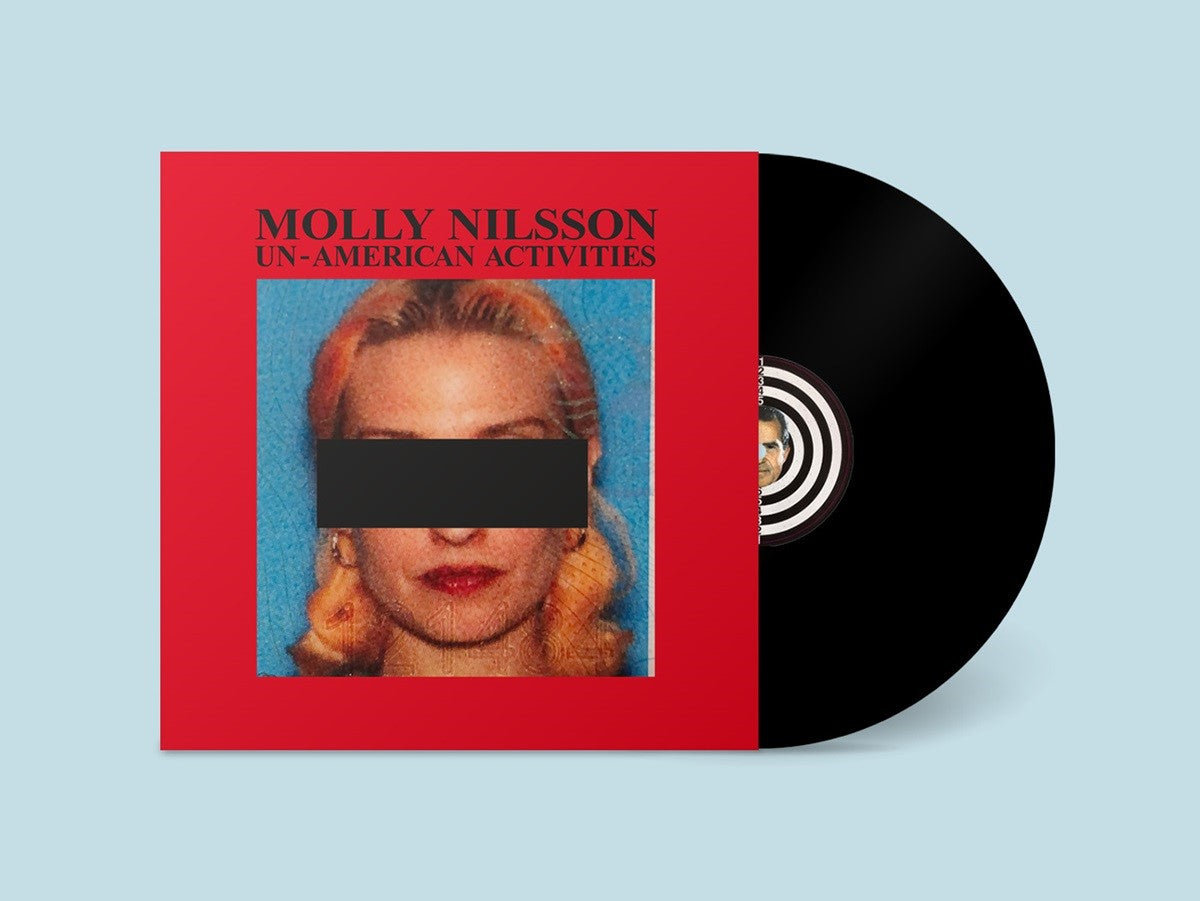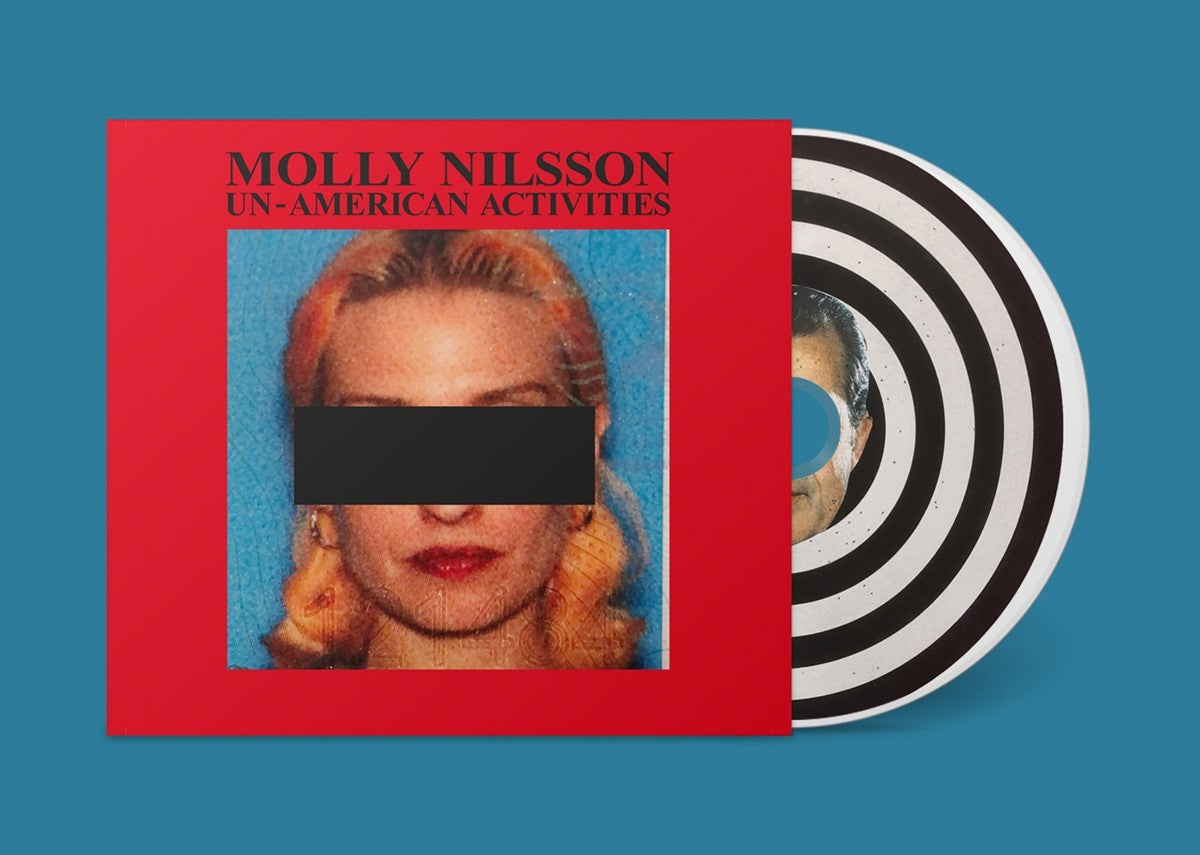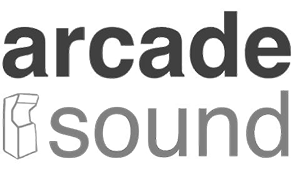Molly Nilsson - Un-American Activities - LP/CD
Molly Nilsson - Un-American Activities - LP/CD
Verfügbarkeit für Abholungen konnte nicht geladen werden
Un-American Activities is the 11th Studio album by Molly Nilsson. Written and recorded entirely on location in California at the former home of writer, poet and early opponent of the National Socialist regime in 1930s Germany, Lion Feuchtwanger and his wife Marta. An album of experimentation, genre-mashing and, above it all, Nilsson’s instantly recognisable melodic skill and empathy, it continues the songwriter’s explorations of power, freedom, oppression and its opposing force, a love unbound.
After accepting an artist residency as part of the Villa Aurora program, Nilsson began work crafting a new album from scratch in a new environment, afforded the freedom, space and time to challenge her practice and take her music into new territory. The resulting work, Un-American Activities, is a love note not only to the artist who was among the very first to be declared an “enemy of the state” by the Nazi regime but also to both the eternal struggle he fought and the human spirit that pervades all of Nilsson’s best work. It is also a double-pointed poison pen letter: a critique of the new forms of oppression wielded by her temporary adopted country of the USA but also an acknowledgement of the promise it always offers but never fulfils.
Along with the novel use of colour and photography in the artwork for Un-American Activities, there are swathes of new techniques, genres and timbres new to Molly Nilsson’s music in evidence, 16 years into her music career. On Jackboots Return is an icicle-cold New Beat track that deals directly with the current situation in Germany and the resurgent Nazi-affiliated AfD. The question the song asks is, what’s the timeframe we’re talking about? Is this the 30s, or somewhere a lot closer to home? The beat is picked up on The Communist Party, Nilsson’s deepest bow to House music, evoking the early 90s Rave pioneers, Belgian 80s music and Vogue-era Madonna. Here the lyrics are direct quotes from the McCarthy-era, anti-Communist pamphlet 100 Things You Should Know About Communism in the U.S.A. The Beauty Of The Duty does to pounding Electro what Nilsson’s last album Extreme did to Metal: subsume it into the Molly Nilsson aesthetic. It goes hard.
While Un-American Activities finds Nilsson experimenting, creating instinctive music on a first-thought-best-
thought basis there are still “classic” Molly moments liberally spread throughout. Excalibur feels like the Molly of old, an absolute star of a chorus refrain smudged with the vaseline of fuzz and hope, Red Telephone is wide-eyed, slathered in reverb and chorus effects, distorted with soaring melody, a heart-tugger that tugs the body upwards to the heavens with each evolving wave. Glistening digital tones wash through the album, providing a Y2K etherealness to Nilsson’s audacious Stars and Stripes reference to Wetcheeks. Perhaps the album’s standout, however, is Palestine (Somewhere Over The Rainbow), which is suffuse with empathy, solidarity and, in referencing the classic socialist-penned canon song from The Wizard Of Oz, speaks directly to the tradition of fighting oppression with full hearts of hope.
Tracklist: 1. Prologue - Proud Destiny 2. Excalibur 3. Palestine 4. Jackboots Return 5. Wetcheeks 6. Red Telephone 7. Naming Names 8. The Communist Party 9. The Beauty Of The Duty 10. Point Doom
NOTE FROM MOLLY NILSSON:
These songs were recorded during the first quarter of 2024 as part of the Villa Aurora residency program held at the former home of Lion and Marta Feuchtwanger (née Löffler) in Pacific Palisades, Los Angeles.
Lion Feuchtwanger, born July 7, 1884, was a German Jewish novelist and playwright. Born into an affluent family – his father owned a margarine factory in Munich – Feuchtwanger was the oldest of nine siblings, two of whom also became authors. An early and outspoken opponent of the National Socialists, Feuchtwanger was among the first to be declared an official enemy of the state in Germany. His books were subsequently burnt, and his citizenship revoked.
In 1933, the now stateless Feuchtwanger sought safety in France. There, however, he would be imprisoned twice. First with the declaration of war in 1939, and again in 1940 after Hitler invaded France. With the SS drawing closer, Feuchtwanger managed to escape captivity following the intervention of, among others, First Lady Eleanor Roosevelt. A long-time reader who happened to recognise his face in a photo of work camp inmates, Roosevelt helped to facilitate his treacherous escape from Europe. Arriving in Portugal via Spain, he boarded a ship bound for America: the Excalibur. Travelling with a false passport under the name “Wetcheeks,” the literal English translation of his name, Feuchtwanger crossed the Atlantic. He arrived in America in 1941.
The Feuchtwangers eventually settled in the outskirts of Los Angeles, purchasing their home for $9,000, equivalent to the annual salary of a teacher at that time. From 1943, he continued to work and write alongside famous, LA-based exiles like Bertolt Brecht and Thomas Mann. Both were close friends and frequent house guests – though never both at the same time. He and his wife Marta established themselves in their villa, which became a meeting point, literary salon, and a bastion for anti-fascists and leftist intellectuals on the West Coast.
As World War II ended and the Cold War began, wartime allies became new enemies. In the McCarthy era “Red Scare” that ensued, suspicion of leftists turned into hatred. Thousands of real or suspected communists were persecuted in a series of public hearings held by the Committee of Un American Activities. Many of those called as witnesses were humiliated, defamed, and blacklisted as a result. Countless lives and careers were destroyed by these hearings, and many suicides followed in their wake. Bertolt Brecht left America the day after taking the witness stand, never to return. Lion Feuchtwanger never had to face the committee, but his association with and open sympathy for the USSR prevented him from obtaining American citizenship, and thereby a passport with which to travel.
Lion Feuchtwanger died in 1956 after fifteen years in the USA. He was still stateless at the time of his death. Marta continued to live in the villa until her passing in 1986, leaving the estate and its immense library, which included more than 20,000 volumes, to USC. The property was eventually sold to the German state, which it now uses to host artist residencies, with several fellowships in various artistic fields provided each year.
This record commemorates the 140th birthday of Lion Feuchtwanger.
Aktie






